As we stand on the cusp of a new era powered by Artificial Intelligence (AI), we question how it can revolutionize construction. Can AI enhance our understanding of the critical path, resources, and equipment? Can it solve some of the persistent industry challenges such as workforce and supply chain management. Can AI offers a solution through data analysis? And if so is the industry focused on examining the right and relevant data.
In the past, and during my early years in construction, project data was shared using “rules of thumb,” and in few cases voluminous estimate books that needed to be updated yearly, providing estimates for productivity, materials and so forth. AI presents an opportunity to leverage more precise and comprehensive data for transformative outcomes in a real time format.
According to the report published by Allied Market Research, global artificial intelligence in the construction market garnered $496.4 million in 2021, and is estimated to generate $8.6 billion by 2031, manifesting a CAGR of 34.1% from 2022 to 2031.
During the past 5 years, I have come across various Ai technologies that enable construction contractors to achieve great potential and solve a few persistent problems for the industry. The technology is advancing at an exponential rate that I can list at least seven solutions (outside of design and engineering) where Ai has been successfully deployed on construction projects with success.
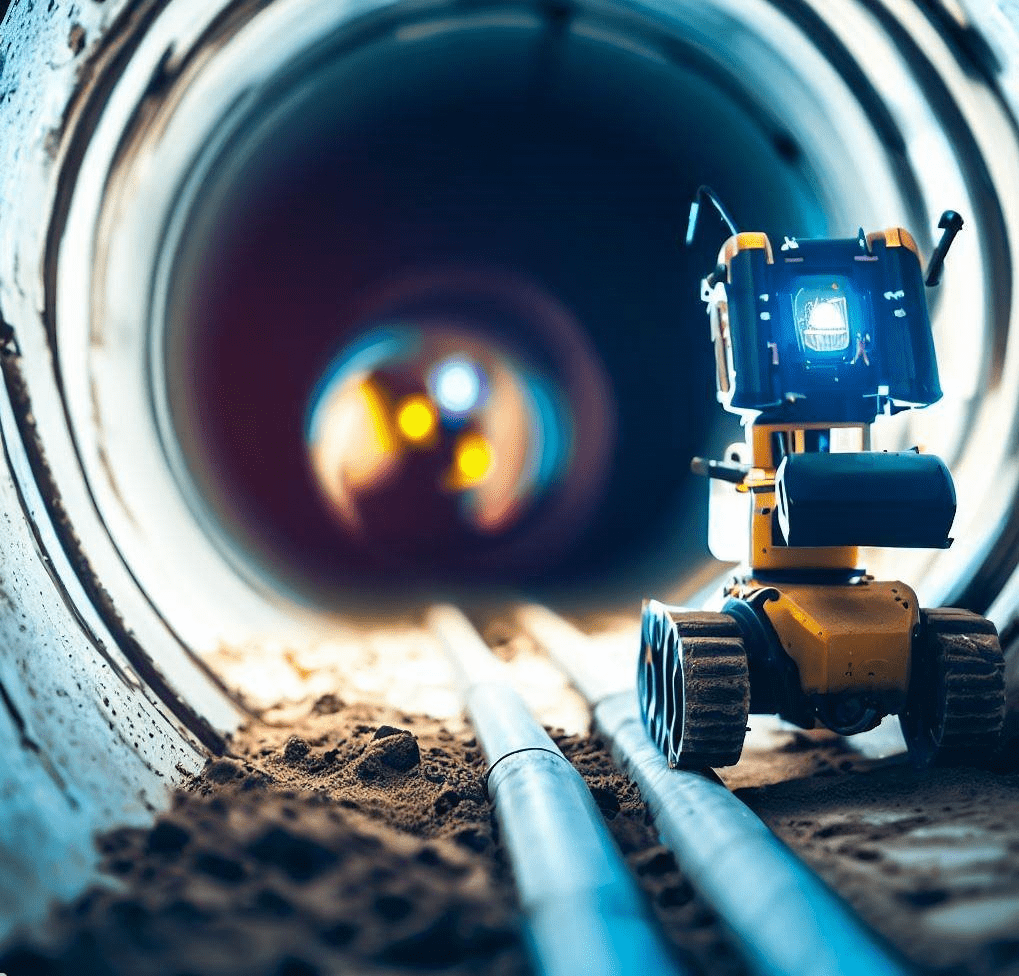
1) Quality Control and Defect Detection: AI tools can analyze images and video footage captured during construction to identify defects, deviations from specifications, and quality issues. This has automated the inspection process, saved time and improving accuracy. Autonomous inspection devices are deployed to reduce the risks of physical inspections via advanced computer vision that visualize and quantify defects via robots.
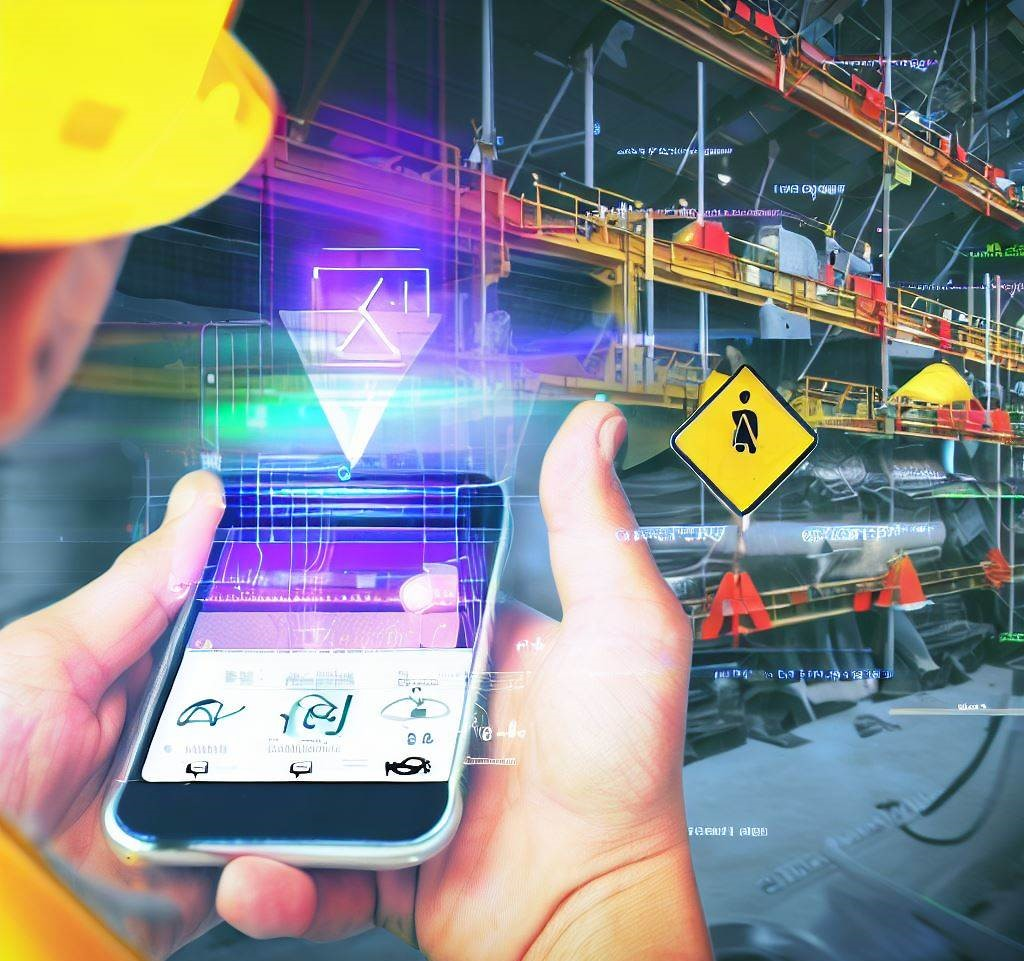
2) Safety detection and Hazard identification devices through photos and other project data producing an automated risk assessment for the team members to gain an outlook different to their perspective on the hazard in place. The technology works via mobile apps where the hazards are scored and compared with the safety data of the company, consequently the app would then rank the safety hazard and alert the teams in real time to mitigate the risks.
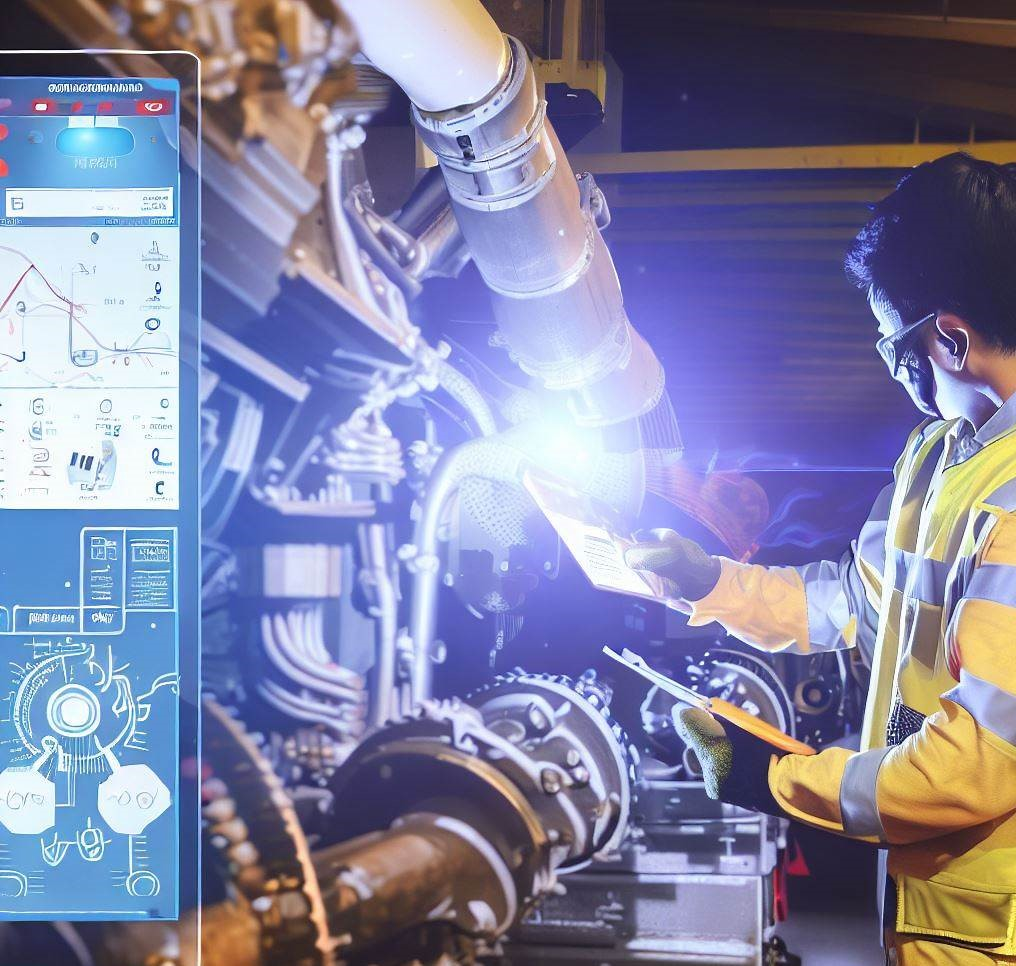
3) Predictive Maintenance: Instruments latched on to critical equipment have advanced analytical capabilities, collect data from sensors, then uploads it into a common cloud. The process can detect patterns and anomalies, enabling predictive maintenance. This helps construction companies identify potential equipment failures in advance, reducing downtime and optimizing maintenance schedules.
4) Optimized Resource Allocation: AI algorithms can analyze historical data, project schedules, and resource availability to optimize resource allocation. This includes labor, equipment, and materials, ensuring efficient utilization and minimizing wastage. The software provides a real-time assessment of the situation and provides recommendations for the management including a tradeoff analysis.
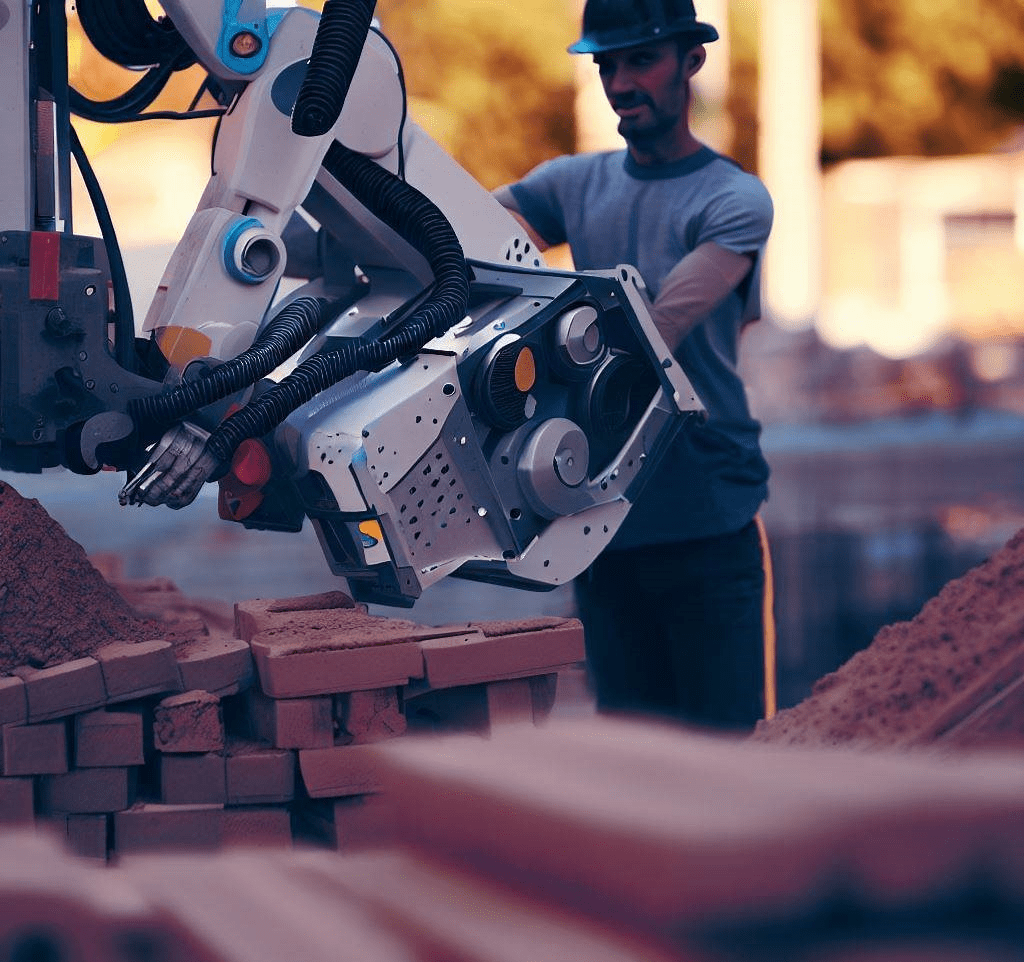
5) Autonomous Construction Equipment: AI-powered robotics and autonomous construction equipment can perform repetitive and labor-intensive tasks with precision, reducing human error and increasing productivity. This includes tasks like bricklaying, concrete pouring, and excavation.
6) Supply Chain Management: AI can analyze various factors such as market trends, supplier performance, and demand forecasts to optimize supply chain management. This includes predicting material shortages, optimizing procurement processes, and reducing lead times.
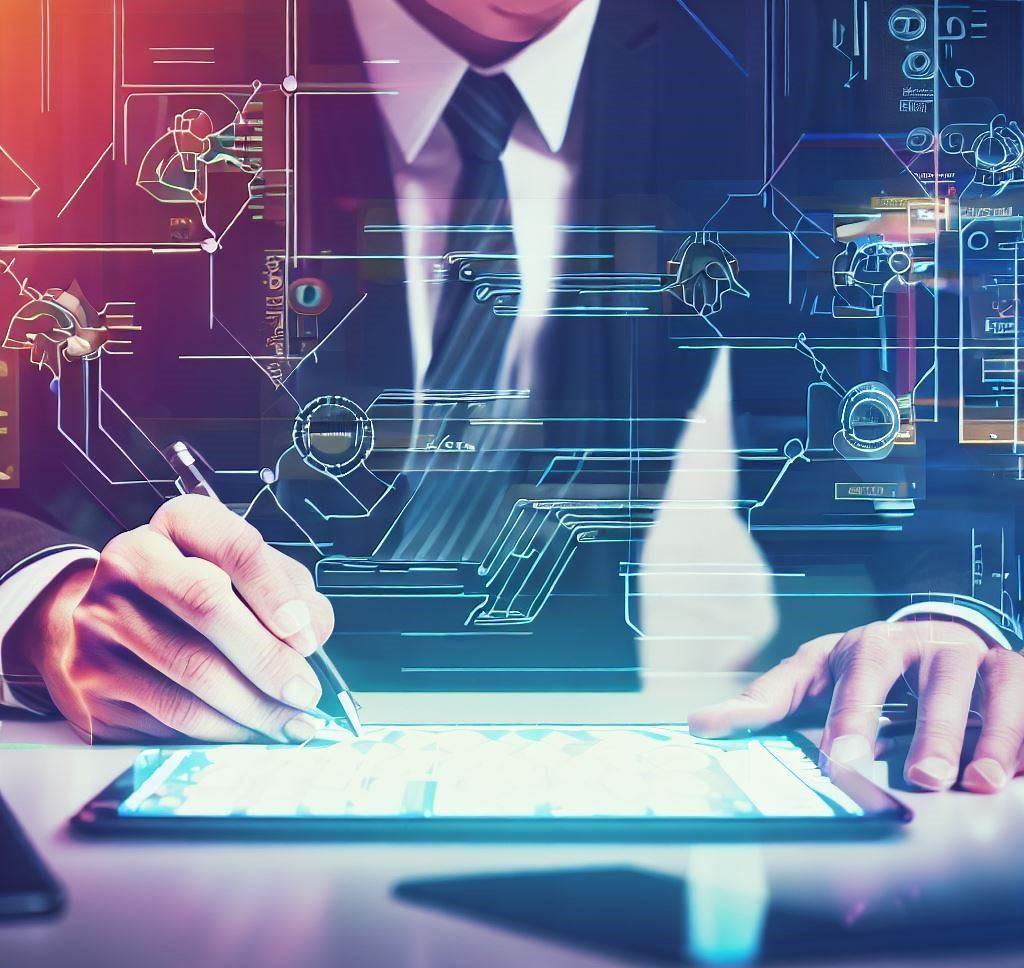
7) Real-time Project Monitoring: AI can integrate data from various sources, including sensors, drones, helmet mounted cameras and project management systems, to provide real-time project monitoring and reporting. This enables project stakeholders to track progress, identify bottlenecks, and make data-driven decisions for timely project completion.
The above shows that the construction industry is showing serious Ai adoption as it is solving real problems.
Integrating artificial intelligence (AI) into the realm of construction is not without its challenges. In a study conducted by Virender Kumar, Amrendra Pandey, and Rahul Singh, construction professionals were interviewed regarding the proliferation of AI in the industry. The study identified three major hindrances: a lack of soft skills, an absence of interpretive intelligence akin to human capabilities, and a dearth of human relationship capabilities necessary for effective project management. The interviewees expressed the belief that AI is still far from attaining self-awareness.
The potential of AI to enhance our understanding of critical project elements and solve persistent challenges like workforce and supply chain management is tantalizing. But are we focusing on the right and relevant data to leverage AI’s capabilities? As construction professionals, we have witnessed firsthand the power of AI in various domains, with seven remarkable solutions leading the way. From quality control and defect detection to predictive maintenance and real-time project monitoring, AI has proven its worth. However, integrating AI into construction is not without its complications. A study reveals that soft skills, interpretive intelligence, and human relationship capabilities are still areas where AI falls short. As AI continues to evolve, we must consider the impact on our roles and skill sets. What lies ahead as we navigate this AI-powered landscape? What challenges and opportunities await us in this ever-changing industry? Let us embrace the possibilities while addressing the complexities, shaping a future where AI and human expertise work in harmony to revolutionize construction practices.
REFERENCES
- “Can Artificial Intelligence be a Critical Success Factor of Construction Projects? Project practitioners’ perspectives” Virender Kumar, Amrendra Pandey, Rahul Singh 2021.
- “Potentials of artificial intelligence in construction management” Wolfgang Eber.
- “Artificial Intelligence and the UK Construction Industry” – Empirical Study, Haddy Jallow, Suresh Renukappa, Subashini Suresh & Farzad Rahimian. Dec. 2022



































